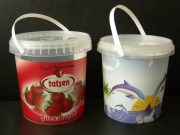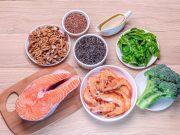As the seasons shift and temperatures drop, many of us find ourselves reaching for tissues and cozy blankets, bracing for the inevitable onslaught of cold and flu season. While modern medicine offers a range of treatments, there is a growing interest in herbal remedies that have been used for centuries to alleviate symptoms and boost the immune system. In this article, we will explore some of the most effective herbal remedies that can help you combat cold and flu symptoms naturally. With an empathetic understanding of the discomfort and disruption these illnesses can cause, we aim to provide you with practical, time-tested solutions that can be easily integrated into your wellness routine. Whether you are seeking relief from a scratchy throat, a persistent cough, or just looking to bolster your body’s defenses, these herbal allies may offer the comfort and support you need during this challenging time.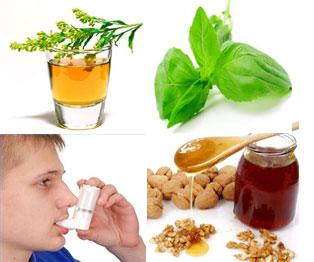
Understanding the Power of Herbal Remedies for Cold and Flu
As the chill of winter sets in, many of us find ourselves reaching for natural solutions to fend off the unwelcome symptoms of cold and flu. Herbal remedies, revered for centuries, offer a gentle yet effective approach to boosting our immune defenses and alleviating discomfort. These remedies can be a valuable addition to your health toolkit, providing a holistic alternative to over-the-counter medications.
Consider incorporating these time-honored herbs into your routine:
- Elderberry: Known for its antiviral properties, elderberry can help reduce the duration and severity of flu symptoms. It’s often available in syrup or capsule form.
- Echinacea: This herb is celebrated for its ability to stimulate the immune system. Consuming echinacea tea or supplements at the onset of symptoms may help shorten the duration of a cold.
- Ginger: With its warming properties, ginger can soothe a sore throat and ease congestion. Fresh ginger tea is a comforting remedy during the cold season.
| Herb | Benefits | Forms Available |
|---|---|---|
| Elderberry | Antiviral, reduces flu symptoms | Syrup, Capsules |
| Echinacea | Immune booster, reduces cold duration | Tea, Supplements |
| Ginger | Soothes sore throat, eases congestion | Fresh, Tea |

Choosing the Right Herbs for Your Symptoms
When you’re under the weather, nature offers a variety of herbs that can provide relief from cold and flu symptoms. Choosing the right herbs can make a significant difference in how you feel. Here’s a guide to help you select the best herbal remedies tailored to your specific symptoms:
- Echinacea: Known for its immune-boosting properties, echinacea is great for reducing the duration of cold symptoms. It’s best used at the first sign of a cold.
- Ginger: If you’re dealing with a sore throat or nausea, ginger can be a soothing option. Its anti-inflammatory effects can help ease discomfort and boost your overall immunity.
- Elderberry: This herb is packed with antioxidants and vitamins that can help reduce the severity of cold and flu symptoms. Elderberry is particularly effective for relieving sinus congestion.
For a more targeted approach, consider the following table which aligns common symptoms with effective herbal remedies:
| Symptom | Recommended Herb |
|---|---|
| Cough | Thyme |
| Fever | Yarrow |
| Body Aches | Turmeric |
Remember, while herbs can provide relief, it’s essential to listen to your body and consult with a healthcare provider if symptoms persist. Embrace these natural remedies with care and let them support your healing journey.
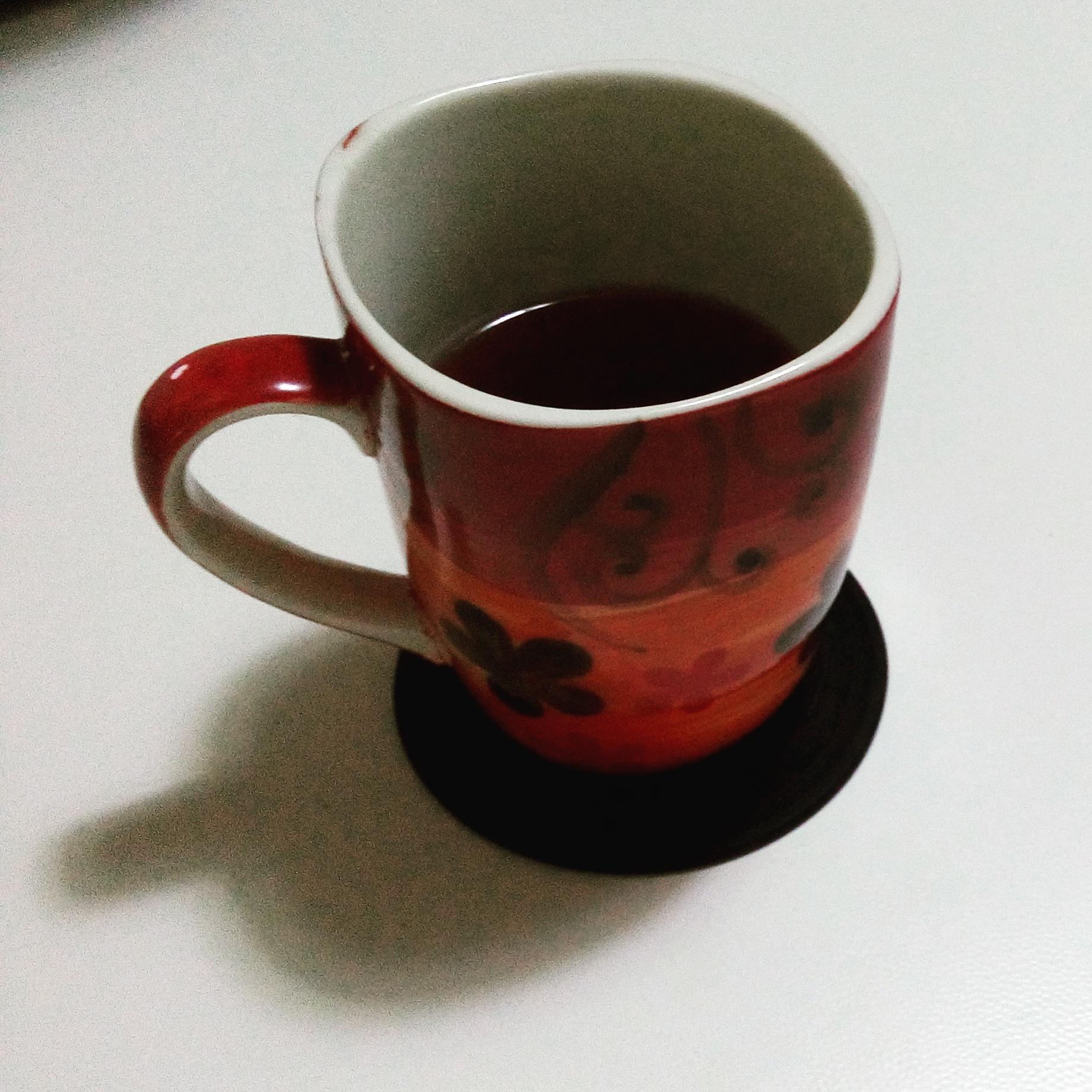
Preparing Herbal Teas and Tinctures at Home
Crafting your own herbal teas and tinctures is a rewarding and therapeutic process that can offer comfort during cold and flu season. Start by selecting herbs known for their immune-boosting and soothing properties. Some popular choices include echinacea, elderberry, ginger, and chamomile. These herbs not only help in alleviating symptoms but also strengthen your body’s defenses against viruses.
- Echinacea: Known for its ability to reduce the duration of colds.
- Elderberry: Rich in antioxidants and vitamins that boost immunity.
- Ginger: A warming herb that helps relieve sore throats and congestion.
- Chamomile: Offers calming effects and helps with sleep, crucial for recovery.
To prepare a simple herbal tea, use approximately 1-2 teaspoons of dried herbs per cup of boiling water. Let it steep for 10-15 minutes, strain, and enjoy. For tinctures, you’ll need a higher concentration of herbs and alcohol or glycerin as a solvent. Combine herbs and solvent in a glass jar, seal it tightly, and let it sit in a cool, dark place for 4-6 weeks, shaking occasionally. Once ready, strain the liquid and store it in a dark glass bottle.
| Herb | Key Benefit | Suggested Use |
|---|---|---|
| Echinacea | Immune Support | Tea, Tincture |
| Elderberry | Antioxidant Boost | Syrup, Tea |
| Ginger | Anti-inflammatory | Tea, Infusion |
| Chamomile | Relaxation | Tea, Infusion |
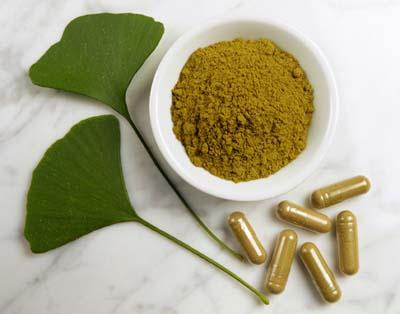
Safety Tips and Considerations for Using Herbal Remedies
- Consult a Healthcare Professional: Before incorporating any herbal remedies into your routine, especially if you are pregnant, nursing, or taking other medications, it’s crucial to consult with a healthcare professional. They can provide personalized advice and ensure there are no adverse interactions with existing treatments.
- Understand Potential Allergies: Herbal remedies, though natural, can still trigger allergic reactions in some individuals. Start with small doses to see how your body reacts, and be aware of any signs of an allergic reaction, such as itching, swelling, or difficulty breathing.
- Proper Dosage and Preparation: Always adhere to recommended dosages and preparation methods. Overconsumption or improper preparation can lead to unwanted side effects. It’s advisable to follow guidelines provided by reputable sources or consult with a certified herbalist.
- Quality of Ingredients: Ensure that the herbs you use are of high quality. Look for organic, non-GMO products and verify the reputation of the supplier. Contaminated or adulterated herbs can pose significant health risks.
| Herb | Common Use | Precaution |
|---|---|---|
| Echinacea | Boosting the immune system | May cause stomach upset or rash |
| Ginger | Relieving nausea and inflammation | Can affect blood clotting, avoid before surgery |
| Garlic | Antiviral and antibacterial properties | May interact with blood-thinning medications |
Remember, while herbal remedies can be beneficial, they are not a substitute for conventional medical treatments. Listen to your body and prioritize safety above all else. If symptoms persist, seek professional medical advice promptly.


















